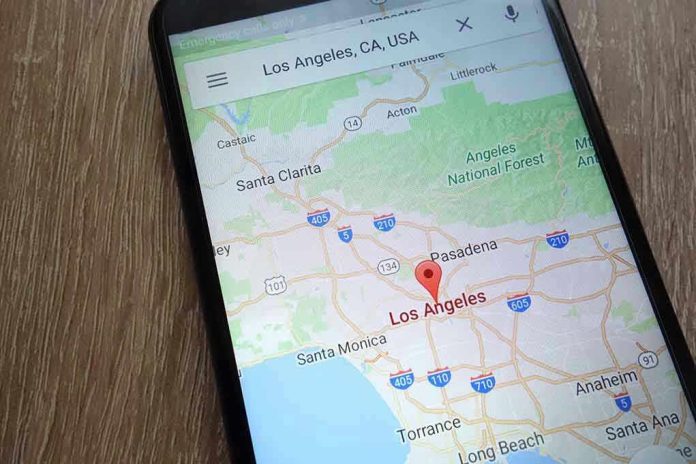
A federal judge’s ruling against President Trump’s deployment of the National Guard to Los Angeles raises constitutional questions about military use in domestic affairs.
Story Highlights
- Federal Judge Charles Breyer ruled the deployment violated the Posse Comitatus Act.
- The Trump administration argues the deployment was necessary for immigration enforcement.
- This is the first major ruling addressing the Posse Comitatus Act in decades.
- Legal battles continue with potential for a Supreme Court review.
Judge Rules Against Trump Administration
On September 2, 2025, a federal judge ruled that President Donald Trump’s deployment of the California National Guard and U.S. Marines to Los Angeles was unlawful. The deployment, ordered in June 2025 during an immigration enforcement operation, was deemed a violation of the Posse Comitatus Act, which restricts the use of federal troops in domestic law enforcement. This ruling marked a significant judicial intervention in the contentious debate over federal authority and state rights.
The decision, delivered by Judge Charles Breyer in the Northern District of California, highlights the constitutional boundaries of presidential power. The Trump administration had utilized military personnel for activities such as perimeter security, blockades, and crowd control, actions that the court found crossed legal limits. This ruling underscores the importance of maintaining a clear separation between military and civilian law enforcement roles.
Background and Legal Context
The Posse Comitatus Act, established in 1878, aims to prevent military overreach in domestic affairs. Historically, the U.S. has refrained from deploying active military forces for civilian law enforcement, a principle rooted in post-Reconstruction efforts to protect civil liberties. The Trump administration’s approach to immigration enforcement has reignited debates over this separation, particularly in sanctuary cities like Los Angeles, which stand in opposition to federal immigration policies.
In this instance, the administration’s argument centered on the belief that federalized National Guard units were not subject to the Posse Comitatus Act, a point contested by California Attorney General Rob Bonta and ultimately rejected by the court. The case sets a precedent that could influence future executive actions involving military forces on U.S. soil.
Potential Implications and Future Developments
The ruling has immediate and long-term implications. In the short term, it halts the use of military personnel in law enforcement roles in California unless clear exceptions are demonstrated. In the long term, it could deter similar executive actions by emphasizing legal constraints on military involvement in civilian matters. The Trump administration has indicated plans to appeal the decision, potentially escalating the issue to the Supreme Court for further review.
California Attorney General Bonta and civil liberties advocates have hailed the decision as a victory for constitutional governance and a reaffirmation of the civilian-military divide. Meanwhile, supporters of the Trump administration argue that the deployment was a necessary measure to ensure public safety and enforce immigration laws. The ongoing legal battle will undoubtedly shape future interpretations of the Posse Comitatus Act and the scope of executive authority.
Sources:
California Attorney General press release




